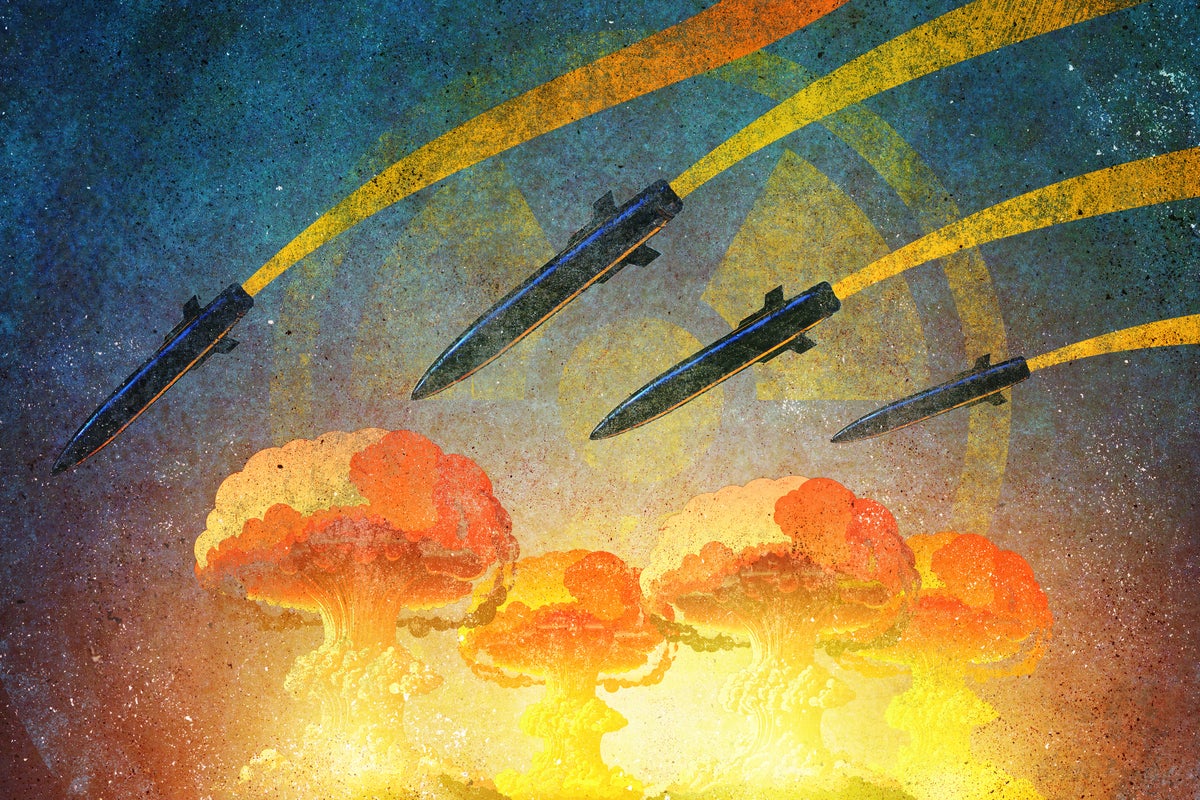
"The smoke from a nuclear war between India and Pakistan could block out the sun for years, resulting in global famine and a catastrophic climate change."
"India and Pakistan each have about 170 nuclear weapons, making any escalation in conflict a dire threat not only to themselves but to the entire planet."
"The best chance for reducing global nuclear threats starts with the U.S. taking missiles off alert and negotiating disarmament with Russia."
"Humanity still has a nuclear dagger pointed at its throat, and a nuclear strife could choke agriculture for five years, endangering food supply globally."
The article highlights the imminent threat of nuclear conflict between India and Pakistan following a recent terrorist attack in Kashmir. Indiaâs retaliatory measures and Pakistanâs response escalate concerns of a broader war, with both nations possessing significant nuclear arsenals. The author discusses research demonstrating that nuclear war could lead to severe climate consequences, including global famine, due to smoke infiltrating the stratosphere. To mitigate this threat, the article suggests that the U.S. should lead by example in nuclear disarmament to reduce global tensions and prevent nuclear proliferation.
Read at www.scientificamerican.com
Unable to calculate read time
Collection
[
|
...
]